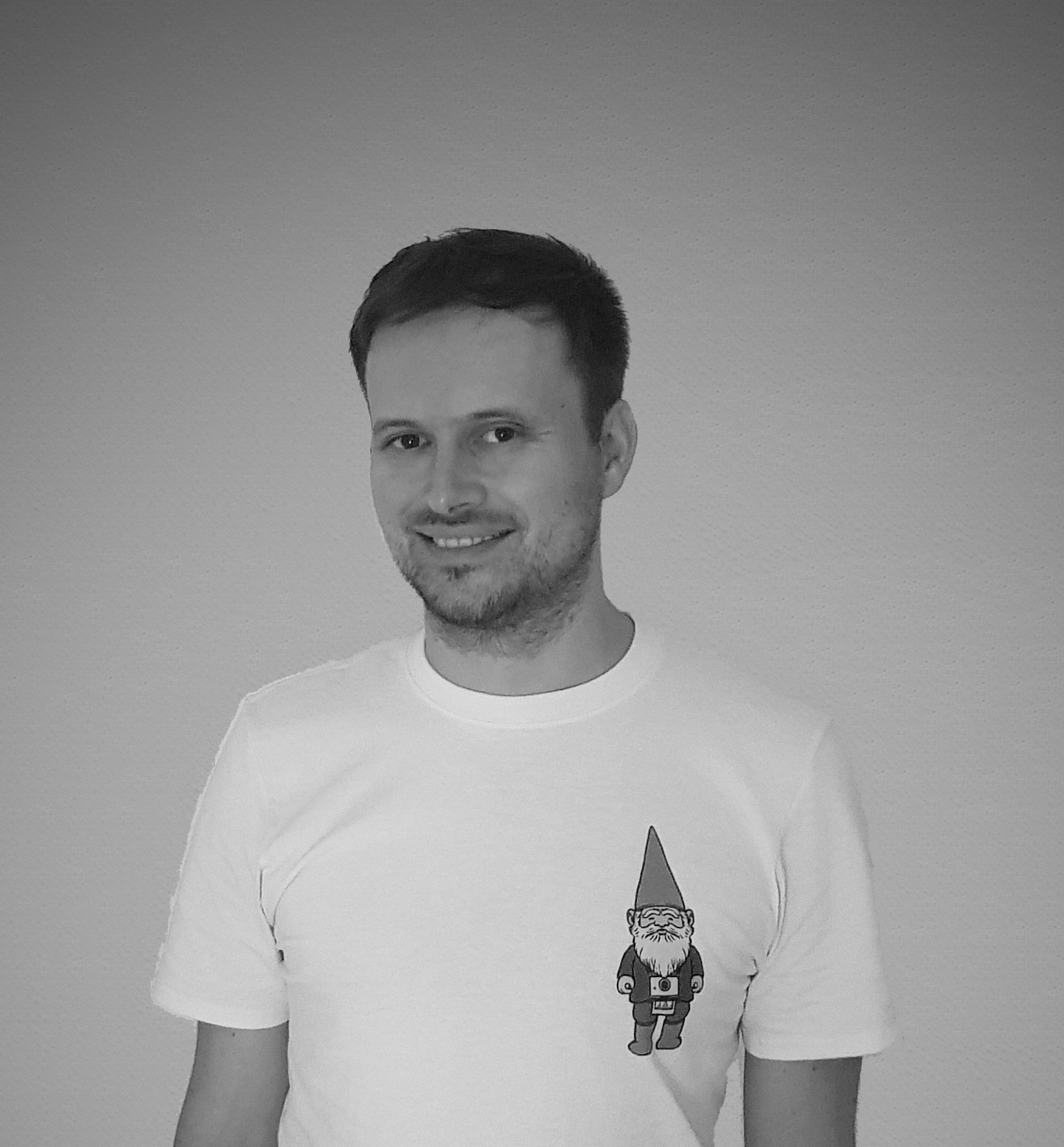
Navigation auf uzh.ch
Navigation auf uzh.ch

I study movement and change. My research covers different phenomena, actors,
and scales, both in space and time, from local to global, from snapshots of human
activity to century-long historical processes. During my PhD studies, I focused on the local scale, exploring urban traffic with GPS movement data. As a URPP Language and Space group leader, my focus has shifted to the regional and global scale. In the Spatial Data Science group, we study the role of geography in the diffusion of linguistic families, explore the co-evolution of culture and genetic variation, and develop Bayesian models to detect past human interaction and contact.
Ranacher, Peter. “More than maps: Spatial patterns of language evolution”. ISLE Colloquium. Zurich, Switzerland. 2021.11.16
Ranacher, Peter, Nico Neureiter. “Contact-tracing in cultural evolution: a Bayesian mixture model to detect geographic areas of language contact”. Colloquium at the Seminar für Sprachwissenschaft. Tübingen, Germany. 2021.07.06
Ranacher, Peter, Anastasia Escher, Barbara Sonnenhauser, Nico Neureiter. “It's (not) all in the family. An algorithm to reveal areas of language contact in space”. International Conference Balkan Languages and Dialects: Typology, Dialectometry, Corpus-Based Studies. St. Petersburg, Russia. 2020.10.15-16
Ranacher, Peter. “A spatial view on language evolution”. Workshop on GIS for Language Studies. Uppsala, Sweden. 2018.05.07-08
Ranacher, Peter. “Exploring correspondences between language, culture and genes”, Workshop on Ancient genes of North-Eastern Europe. Seili, Finland. 2019.08.26-28
Ranacher, Peter. “Why GPS makes distances bigger than they are”. AGILE 2017. Wageningen, the Netherlands. 2017.05.09-12
Ranacher, Peter, Richard Brunauer, Wolfgang Trutschnig, Stefan van der Spek, Siegfried Reich. “Why GPS makes distances bigger than they are”. AAG Annual Meeting. Boston, USA. 2017.04.05-09
| 2022 | GIScience Project Students independently carry out a real-world GISCience research project end-to-end. |
| 2021 | Spatial Analysis with GIS Introductory level course on spatial analysis |
| 2019- 2020 |
Advanced Spatial Analysis II Lecture on advanced procedures of spatial analysis including spatial regression, machine learning and Bayesian inference |
| 2017- 2019 |
Advanced Spatial Analysis I Lecture on advanced procedures of spatial analysis including spatial cluster analysis, density estimation, neighborhood relations and network analysis |
| 2016- 2019 |
Getting Started with R for Spatial Analysis Introductory level course on data types and operations in R, spatial data handling and basic programming |
| 2016- 2021 |
Small Group Teaching Guided Reading course for discussing scientific literature from Geography |
| 2017 | Most Downloaded Paper Award Award for the most downloaded paper in the International Journal of Geographic Information Science published in 2016 |
| 2016 | Science Slam Winner of the Science Slam Salzburg 2016 |
| 2013 | COST Action Grant Grant for Short-Term Scientific Mission (under COST Action IC0903) |
| 2012 | Best Poster Award Best Poster Award at the DK GIScience Symposium 2012, Salzburg University |
| 2009 | Ideenwettbewerb GoGeo09 First prize in the GoGeo09 competition for ideas organized by the Bavarian Information and Communication Cluster (BICC) |
PhD theses
Master theses
| 2011 – 2016 | PhD in Applied Geoinformatics, University of Salzburg |
| 2008 – 2010 | MSc in Geospatial Technologies, Graz University of Technology |
| 2008 – 2010 | BSc in Geography, University of Graz |
German (native), English (proficient), Russian (independent), Italian (basic), French (basic)